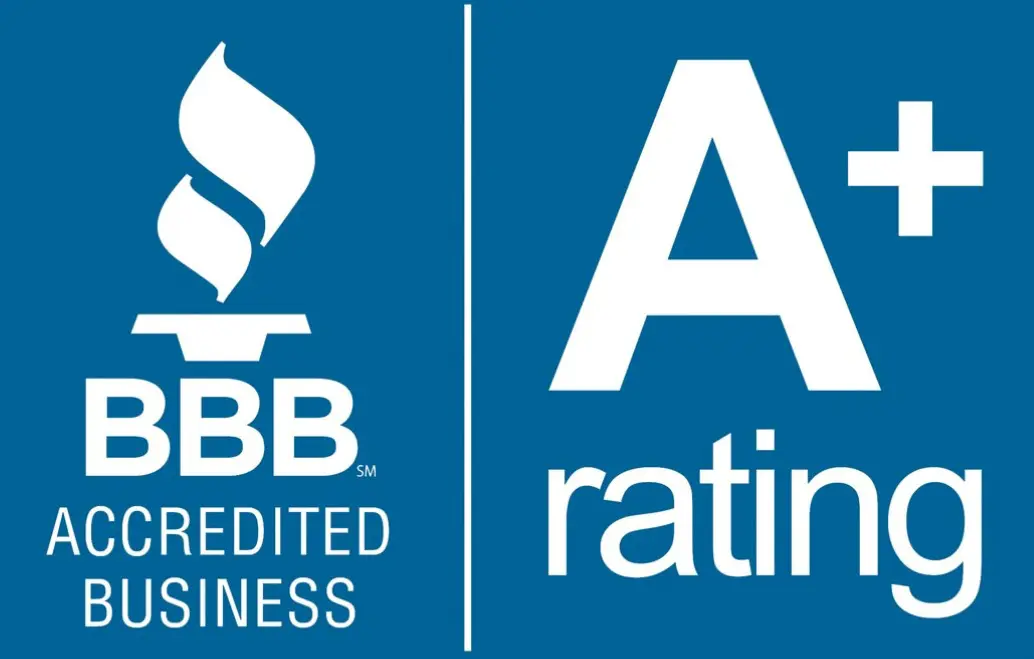What Employees Value Most May Surprise You

Over the years, I’ve been fortunate to work with colleges and universities around the United States, facilitating workshops, speaking in classrooms, and interviewing students for internships and entry-level positions upon their graduation. I always enjoy connecting with the future workforce, because they’re often unaware of (or at least unencumbered by) the inevitable, sometimes harsh realities of adult life to come. Instead, before officially entering the post-graduate world, I’ve found students to be generally positive, optimistic, and eager to experience the adventures of professional life. (Surely, you remember that feeling, don’t you?!)
What’s Most Important To You
As I travel from school to school, my favorite question to ask students is to rank,
“What do you believe is the most important factor in the workplace?”
*Growth Potential
*Work-Life Balance
*Employee Appreciation
*Compensation
*Open Communication
While there is obviously no one correct answer, it may surprise you to learn that compensation rarely ranks as the number one, most important factor. Instead, my findings suggest an employee might actually prefer their manager show some appreciation even before you show them the money.
And that’s consistent for younger students and older employees alike. In fact, across just about every industry, in a post-Covid world, I’ve found employees have never been more focused on how work affects their overall life and mood. Today, more employees are contemplating how their job makes them feel rather than simply focusing on what their job helps them afford.
As a result, employers have a greater responsibility to look inward at their HR-related practices, to consider how management engages with employees. Managers should ask themselves what can or should be done to improve team member engagement, boost satisfaction, and retention.
I’ve always admired the following quote from Richard Branson:
“Train people well enough so they can leave. Treat them well enough so they don’t want to.”
Wise words from a boss who’s reportedly worth a cool $3.6 BILLION! Essentially what Branson teaches us is to invest in our team members – offer continuing education and opportunities for growth within the organization. Consider employee’s mental health needs, and even their life ambitions outside of work.
It’s Not Just About The Money
Consistent with what I’ve found in the classroom, people want to feel valued, appreciated, and challenged. It’s not just about the money.
Believe it or not, employees may even take a pay cut to work at a great company, for a boss they respect, or in exchange for meaningful work and/or a healthy work-life balance.
Make no mistake, while all these suggestions sound altruistic, the truth is, employers can also benefit from more engaged, satisfied employees. Why? Because happy employees don’t leave.
A recent HubSpot study suggests 69% of employees say they’d work harder if they were better appreciated. And if that’s not reason enough to rethink how employers treat their employees, according to a Zenefits study, up to 120,000 people quit their jobs every day, creating a costly, arduous process to identify and fill that position for employers.
So, perhaps it’s a win-win for everyone if employers reconsider their priorities when it comes to employee satisfaction, since it’s really not all about compensation. Instead, it could be the little things, like remembering a birthday, or recognizing an individual for a job well done that goes a long way. Perhaps a great company ensures its people have the proper training and support they need to do their job well. An even better company might go to great lengths to treat their employees with respect and ensure they know their value.
If you have any questions related to your company’s particular HR needs, don’t hesitate to ask! Contact us today and we’ll respond ASAP to provide the solutions you need.

